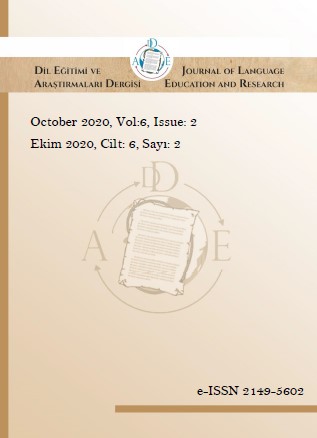Spelling Games and the Orthographic Abilities of Young EFL Learners
Spelling Games and the Orthographic Abilities of Young EFL Learners
Author(s): Mustafa Şevik, Fatma BostancıoğluSubject(s): Foreign languages learning, Language acquisition, School education
Published by: T.C. MEHMET AKİF ERSOY ÜNİVERSİTESİ EĞİTİM FAKÜLTESİ
Keywords: Young EFL Learners; Orthography; Spelling Games; Dictation;
Summary/Abstract: Learning a language requires acquiring a complex and a four-language-skills-integrated process and a target language can only be fully comprehended by mastering these skills. However, in the latest version of Turkish Primary and secondary school English lesson curriculum, listening and speaking skills are seen as primary, while reading and writing skills are secondary. Thus, young Turkish EFL learners’ writing skills in English do not develop to the full. Once, the differences between the Turkish and English orthographies are added the writing task is becoming even more challenging for young Turkish EFL learners. Most of the related literature on orthographic abilities of EFL learners focus on the differences between L1 and L2 and the reasons for misspellings but experimental studies are rare. Therefore, this experimental study aims to explore the effects of spelling games on the orthographic abilities of 3rd grade young EFL learners in a Turkish primary school context. The results were examined in terms of participants’ and target vocabulary correct spelling rates and the experimental group scored higher in both. In the light of the findings, it is argued that spelling games positively affect the orthographic abilities of young EFL learners and therefore, should be used during spelling activities
Journal: Dil Eğitimi ve Araştırmaları Dergisi
- Issue Year: 6/2020
- Issue No: 2
- Page Range: 320-334
- Page Count: 15
- Language: English

